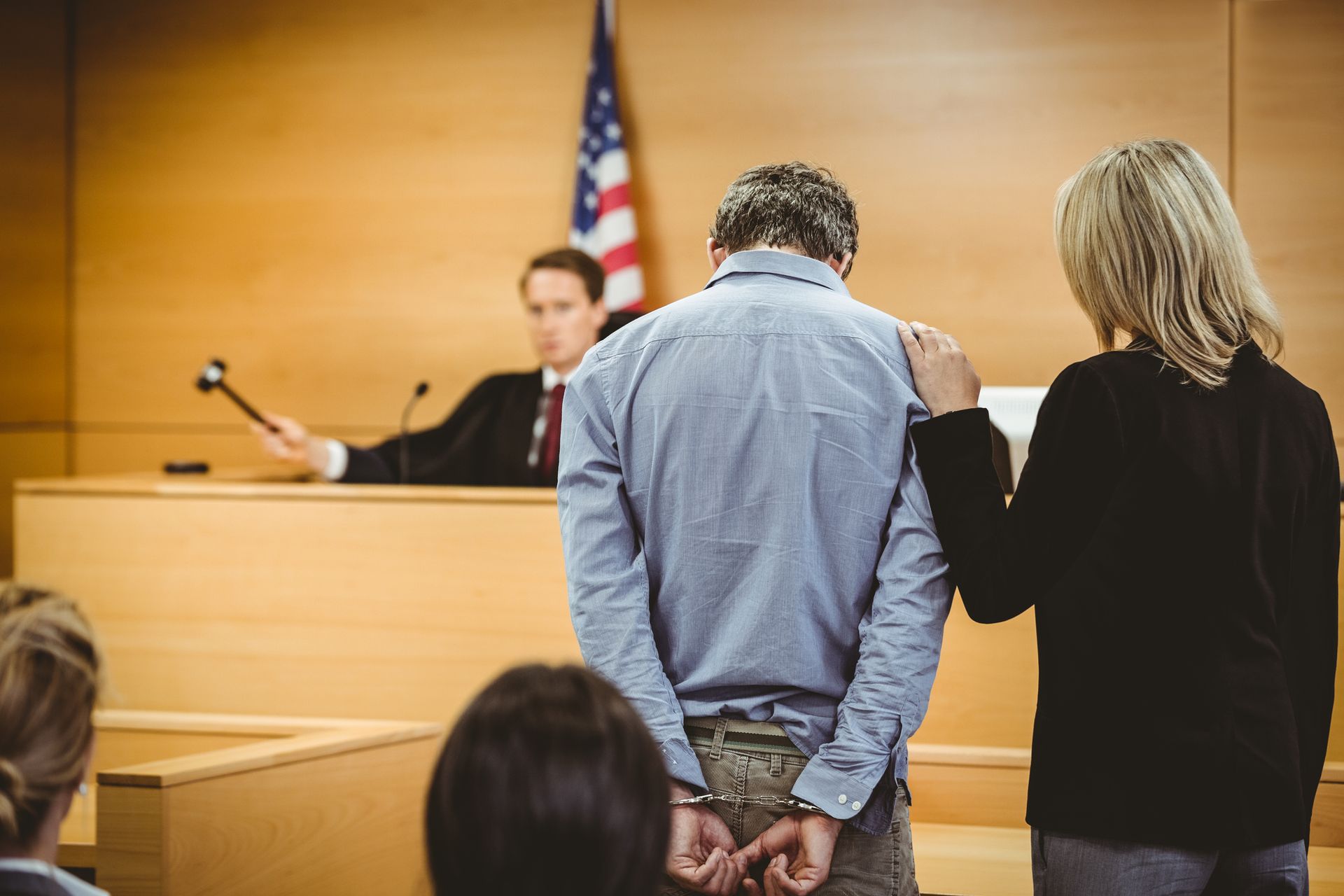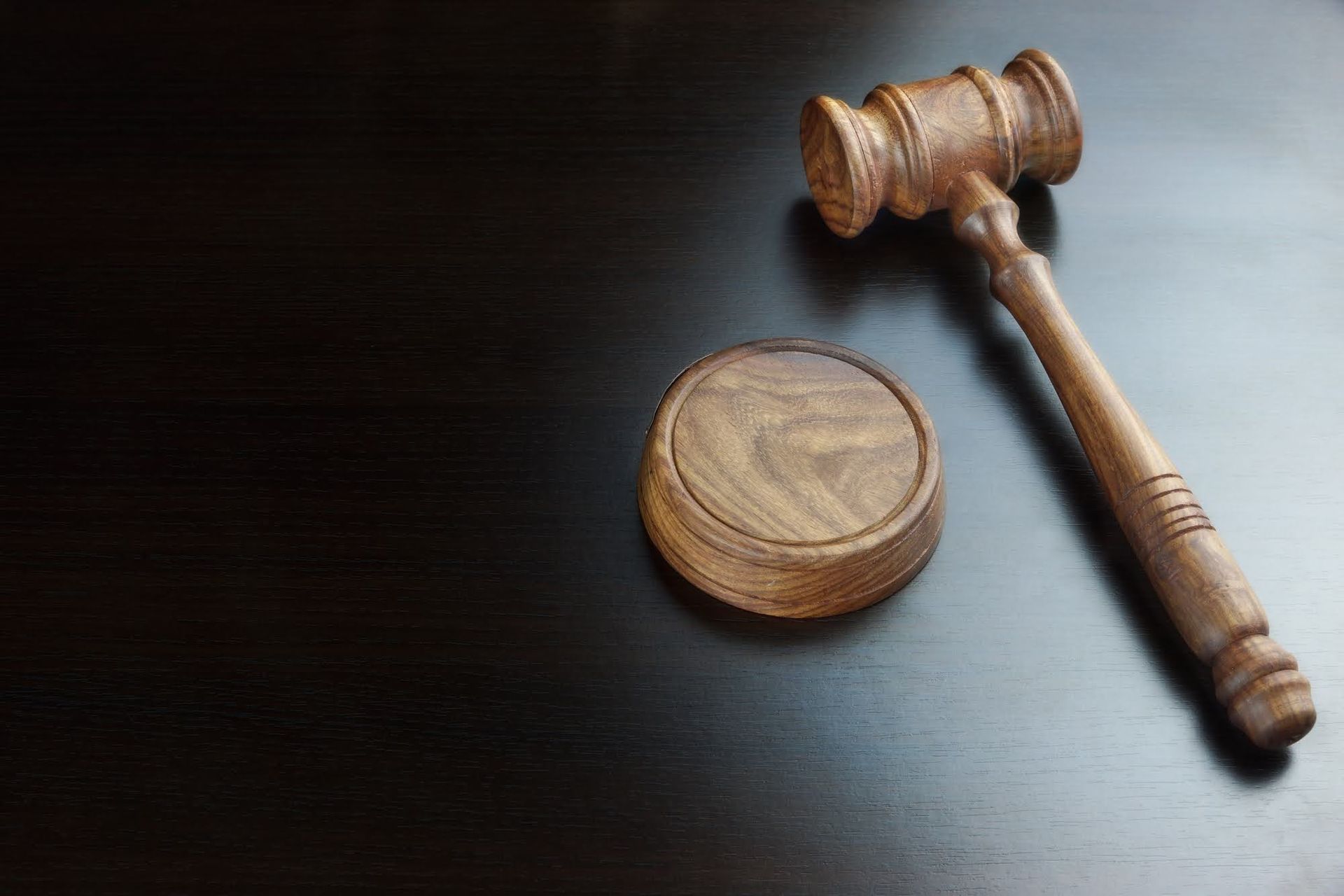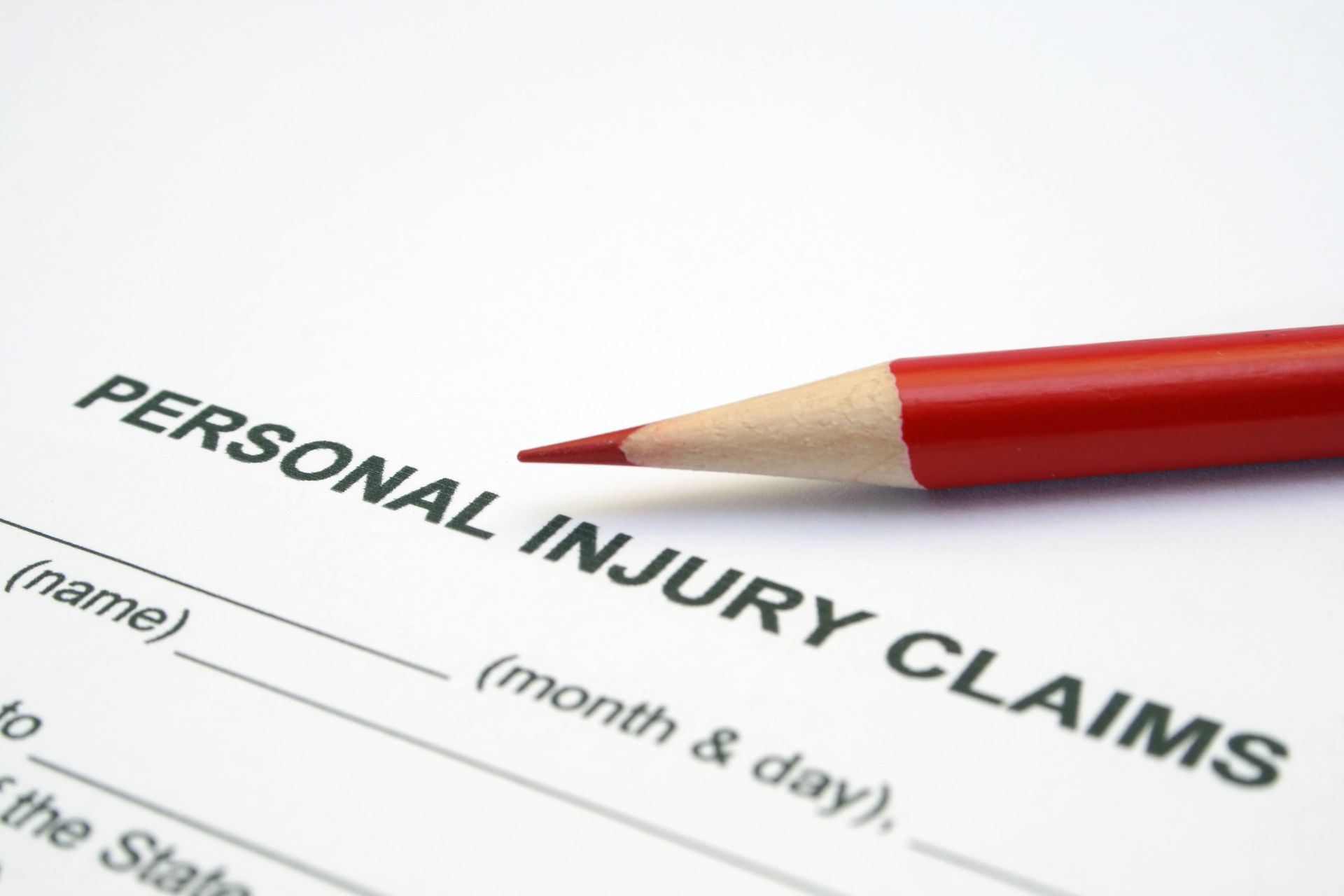Nevada DUI Laws Effective October, 2018
On October 1, 2018, the laws regarding DUI offenses drastically changed in Nevada. The recent changes specifically deal with the loss of driving privileges which occur when someone is convicted of a DUI.
Technically, there are two different ways a person can lose their license as a result of a DUI: (1) Through the DMV; and (2) Through the Criminal Court.
If a DMV Hearing Officer makes a finding that a person was driving a motor vehicle with a blood alcohol concentration level at or above .08, that will trigger a 90 day loss of driving privileges.
Beginning October 1, 2018 , if convicted of DUI in a criminal court, a person will now lose their driving privileges a minimum of an additional 180 days. This 180 day loss of driving privileges runs in addition to the 90 day loss imposed by the DMV. Therefore, a DUI could result in a minimum of 270 days of loss of driving privileges.
The loss of driving privileges will increase to a minimum of 12-36 months if the criminal court makes a finding that the driver had a blood alcohol concentration of 0.18 or higher.
If a person is found to be driving while their license is suspended as a result of a DUI, there are significant penalties. A first time offense will result in a three year driver’s license suspension; a second offense will cause a five year suspension.
However, the new changes in laws do allow for a person who has lost their driving privileges to still drive under strict conditions. To continue legally driving, a person would have to first install a Breath Ignition Interlock Device (BIID) on their vehicle and maintain that device, which requires regular calibration, during their suspension period.
In conclusion, it is obvious from our Legislature that our State has chosen to become even stricter on DUI offenders. That is why it is more important than ever to have an experienced DUI attorney. If you’ve been hit by a drunk driver, you need an experienced car accident attorney. Here at Craig P. Kenny & Associates, we have successfully handled both sides of DUI cases and pride ourselves on fighting hard to preserve the rights of our clients.
Call (702) 380-2800 for a completely free, no-obligation consultation today!
FREE CASE REVEIW

The post Nevada DUI Laws Effective October, 2018 appeared first on Craig P. Kenny & Associates.
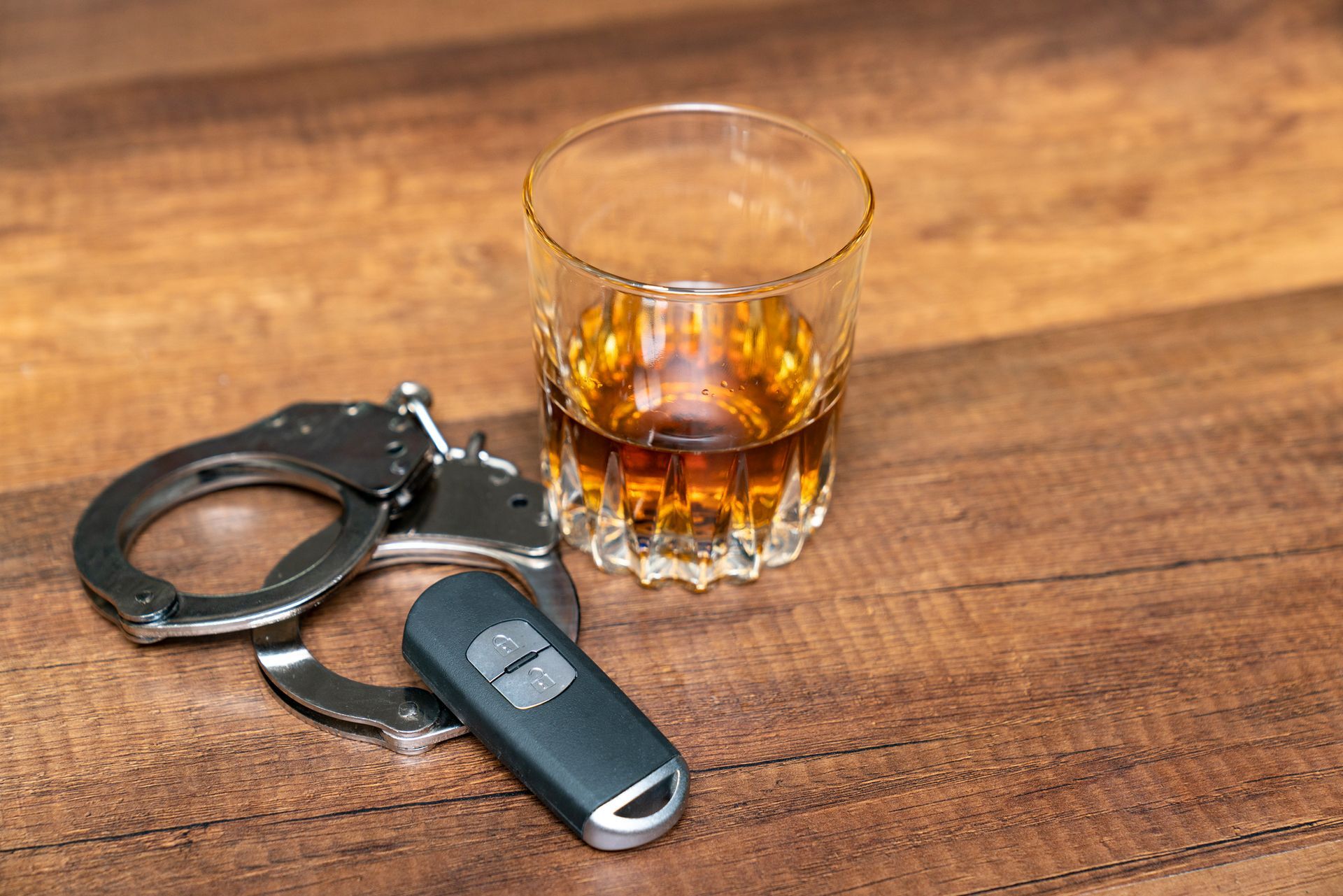
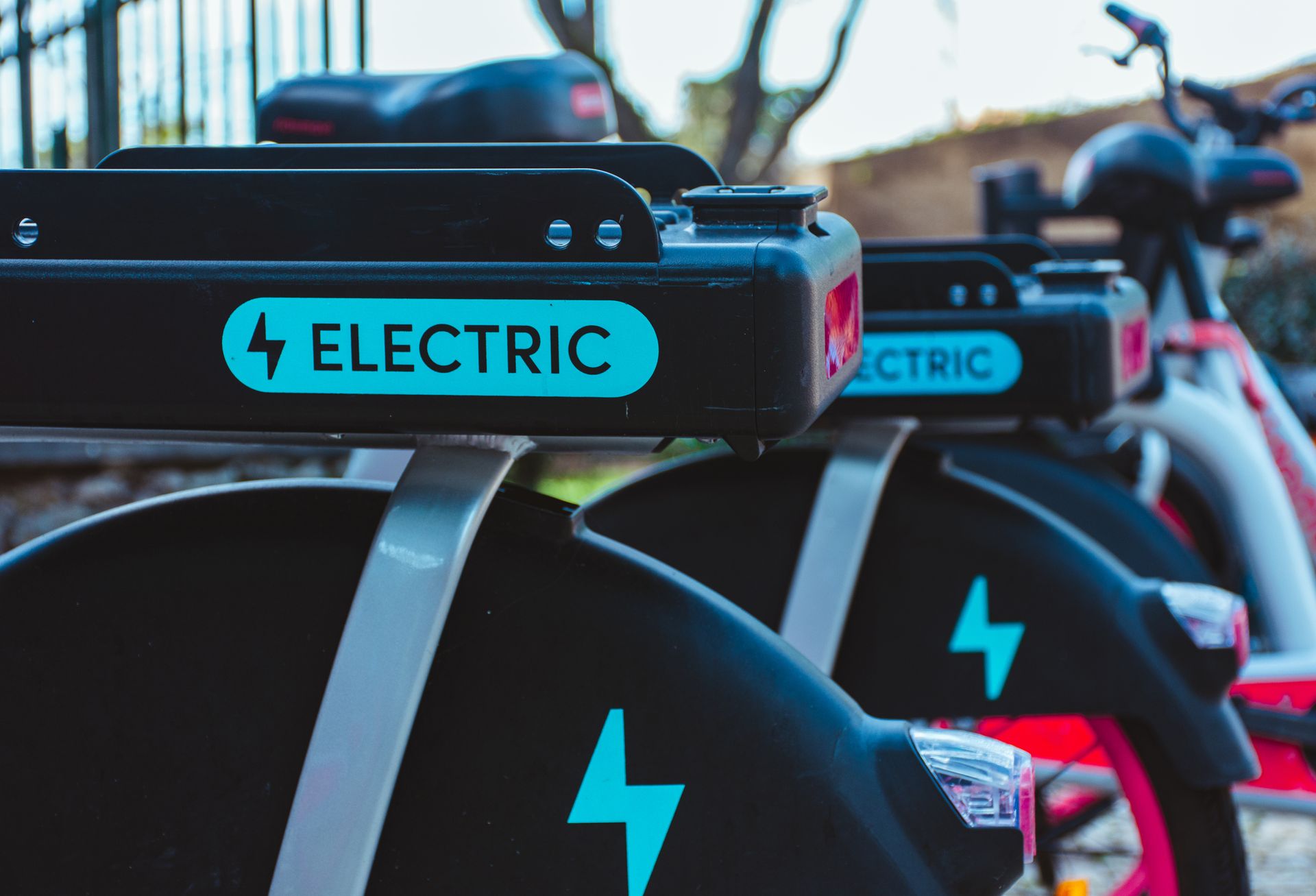
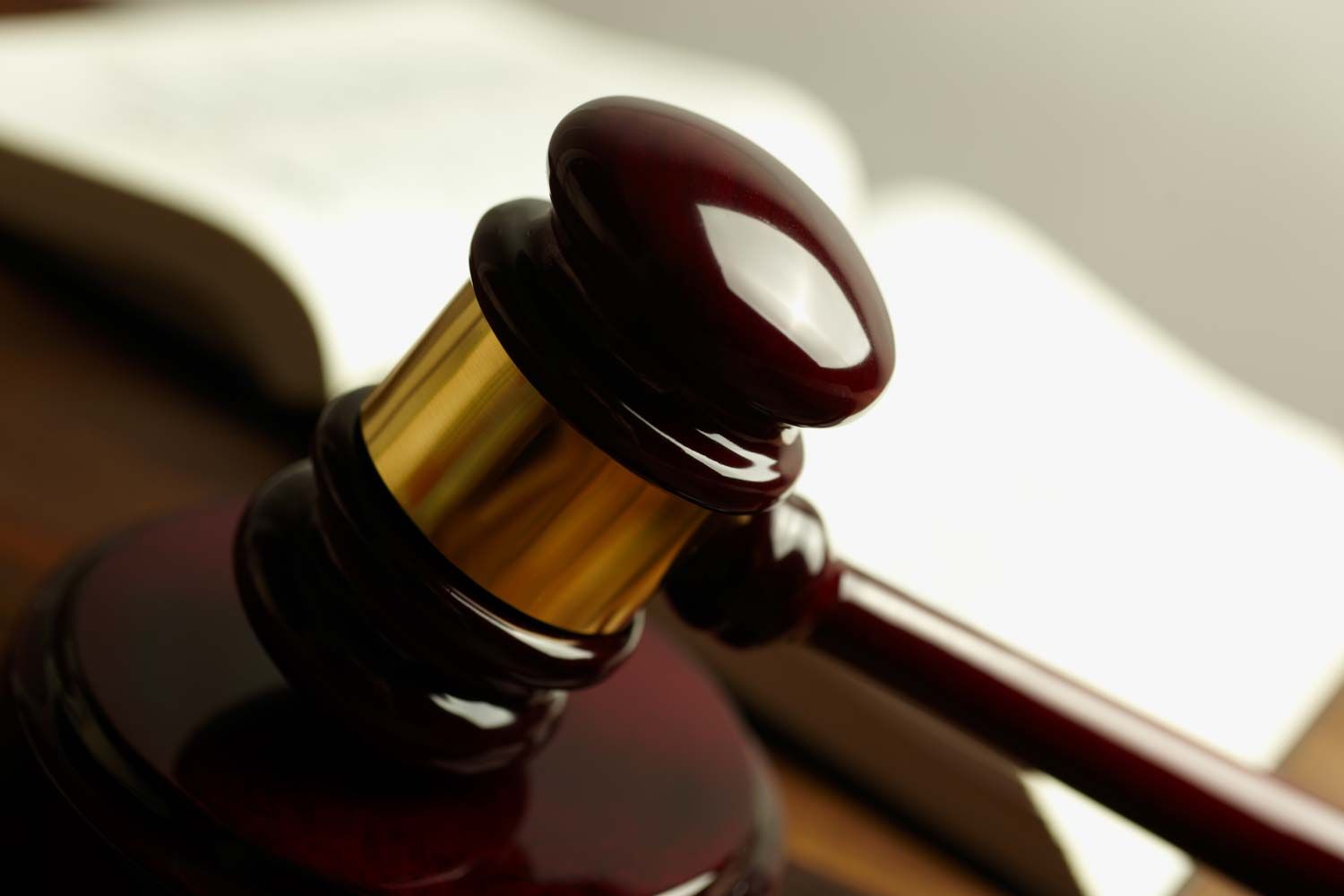

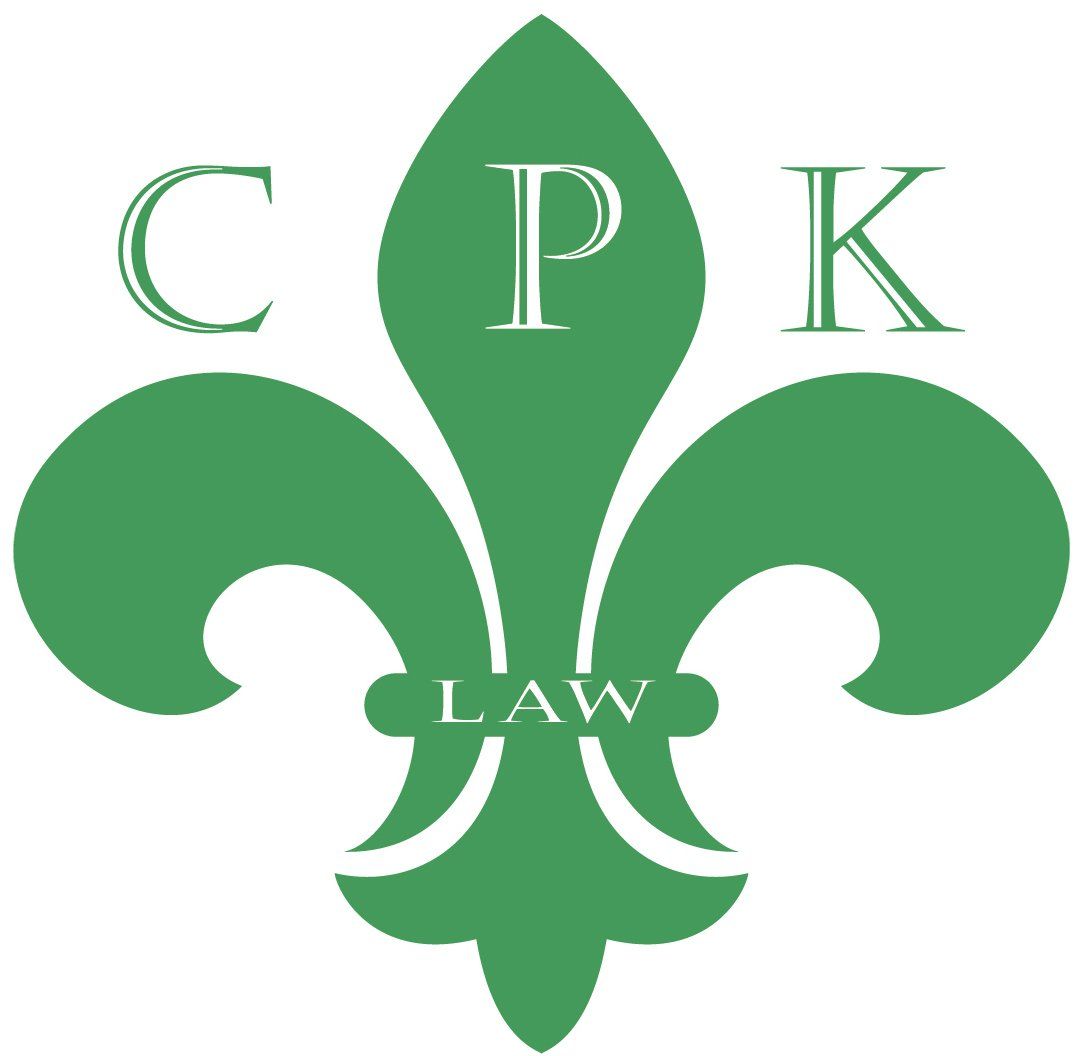
Our Reviews

Hayley Price is a knowledgeable and experienced attorney. Hayley made me feel like I was her only client; she gave me great advise and was ready to fight to resolve my case. I will without question refer Hayley to family and friends.
Thanks again Hayley – Anthony P.

These guys are great. Very efficient and handled what I needed very professionally. Highly recommended. – Autumn W.

A friend recommended I call them for my speeding ticket. The lady informed me since it was my first offense Las Vegas Municipal Court was already offering ticket reduction, no traffic school, and no points as long as I pleaded no contest and paid online. She could’ve easily gotten me for my $50 and I wouldve never known! She even walked me through the whole process online. I wish I could give this place 10 stars. – Amanda G.

They were super helpful I went to them when I got into a car accident they took care of everything and immediately set up an appointment to see some doctors super friendly staff. Car accidents can be super stressful and they made me feel welcomed and cared for. 10/10 would definitely recommend. Hopefully I have no more car accidents but if I do they’re my people to go to. – Rachell M.

I'm writing this review on behalf of my husband who was involved in a car accident with a drunk driver while he was coming home from work in a middle of the night. Because of the personal injuries and the car damage we contacted Craig P. Kenny & Associates. Lawrence E Mittin and his team were very committed in making the whole process so much easier for my husband who needed to see several doctors because of the injuries. In the end, my husband received a very nice settlement. Thank you for all the work Lawrence E Mittin! We will recommend this law firm to anyone in need. – Ioana R.

Paul Kirst with Craig P Kenny & Associates is an efficient, trustworthy personal injury lawyer who gets results! He recently handled a traffic violation for me smoothly and with exceptional results, even in the midst of common quarantine close-down challenges. I had the opportunity to interact with him during the process and enjoyed his tension-reducing humor, and appreciated his knowledge and understanding of the law and related court systems. Paul kept me updated through the process, explaining both the how's and the why's. His office was communicative and followed up faithfully by email and phone. They even sent reminders regarding the final court processing fees and deadline. The five star way that Paul resolved a small legal matter confirmed that I will return to his care should I need a top notch personal injury lawyer for a large matter. Thank you, Paul! – Teri A.
Blog Preview
NEW FROM THE BLOG


Contact Information
Phone: 702-380-2800
Toll Free: (888) 275-3369
Fax: (702) 380-2833
Email: ckenny@cpklaw.com
Address: 501 S. 8th St., Las Vegas, NV 89101





